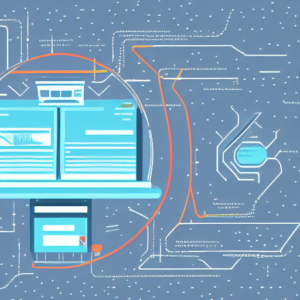Unlike most traditional apps, decentralized applications (dApps) are open source and use blockchain technology. With blockchain technology getting more popular, dApps have the potential to take over the market.
In this article, we will discuss the 9 key advantages that provide a compelling case for why dApps could eventually replace traditional apps.
The Web3 Research Institute is reader-supported. When you buy through links on this site, we may earn a commission at no cost to you.
1. Greater Decentralization
Unlike traditional apps, dApps are decentralized. This means that dApps are not controlled by a single entity. Instead, they run on a distributed network of computers. This decentralization can help improve transparency and provide more privacy and security.
2. Improved Transparency
dApps tend to be more transparent than traditional apps because their code is available for everyone to see. This transparency can help developers identify potential privacy issues or security vulnerabilities.
3. Enhanced Privacy
Another benefit of dApps is that they offer a lot of privacy. With traditional apps, data are stored on central servers. This makes it pretty easy for unauthorized individuals to access data. dApps, on the other hand, store data on a distributed network of computers. This makes it very difficult for hackers to steal data.
4. Increased Security
One of the primary advantages of dApps is that they are more secure than traditional apps. This is because dApps spread out their data across a network of computers. If someone wants to steal data, they need to gain access to most of the computers on the network.
5. Greater Resilience
Generally speaking, dApps are more resilient than traditional apps. This is because dApps do not rely on a single point of failure, such as a central server. If one computer on a network goes offline, the other computers can pick up the slack and allow the dApp to continue functioning without interruption.
6. Improved Scalability
dApps also tend to be more scalable than traditional apps. Most traditional apps struggle to cope with large amounts of traffic because they rely on a single server. dApps, however, are not limited by server capacity. As a result, they can often be scaled up or down as needed.
7. Reduced Costs
Another advantage of dApps is that they can help reduce costs. Unlike traditional apps, dApps do not need expensive servers to run. Instead, a group of people can share the costs of developing, operating, and maintaining dApps.
8. Faster Development Cycles
Most dApps have faster development cycles than traditional apps. This is because dApps are not typically subject to the same bureaucratic processes as traditional apps. Instead, developers have the flexibility to decide when to release new features and updates.
9. Improved Accessibility
Another benefit of dApps is that they are more accessible. With most traditional apps, people must install software on their computers, tablets, or phones. However, dApps are generally accessible via web browsers. This can make them available to more people.
Related Articles

7 Disadvantages of dApps
This article discusses the key disadvantages of decentralized applications (dApps).
